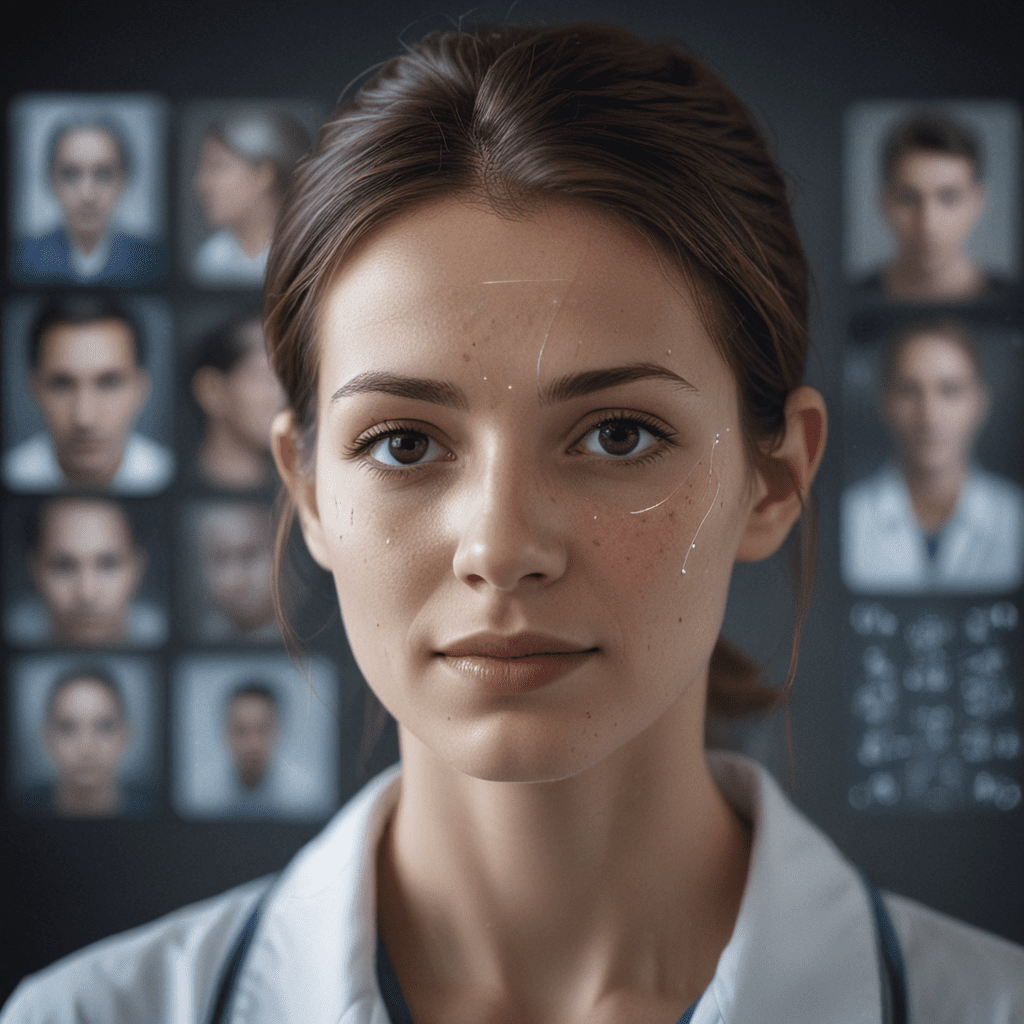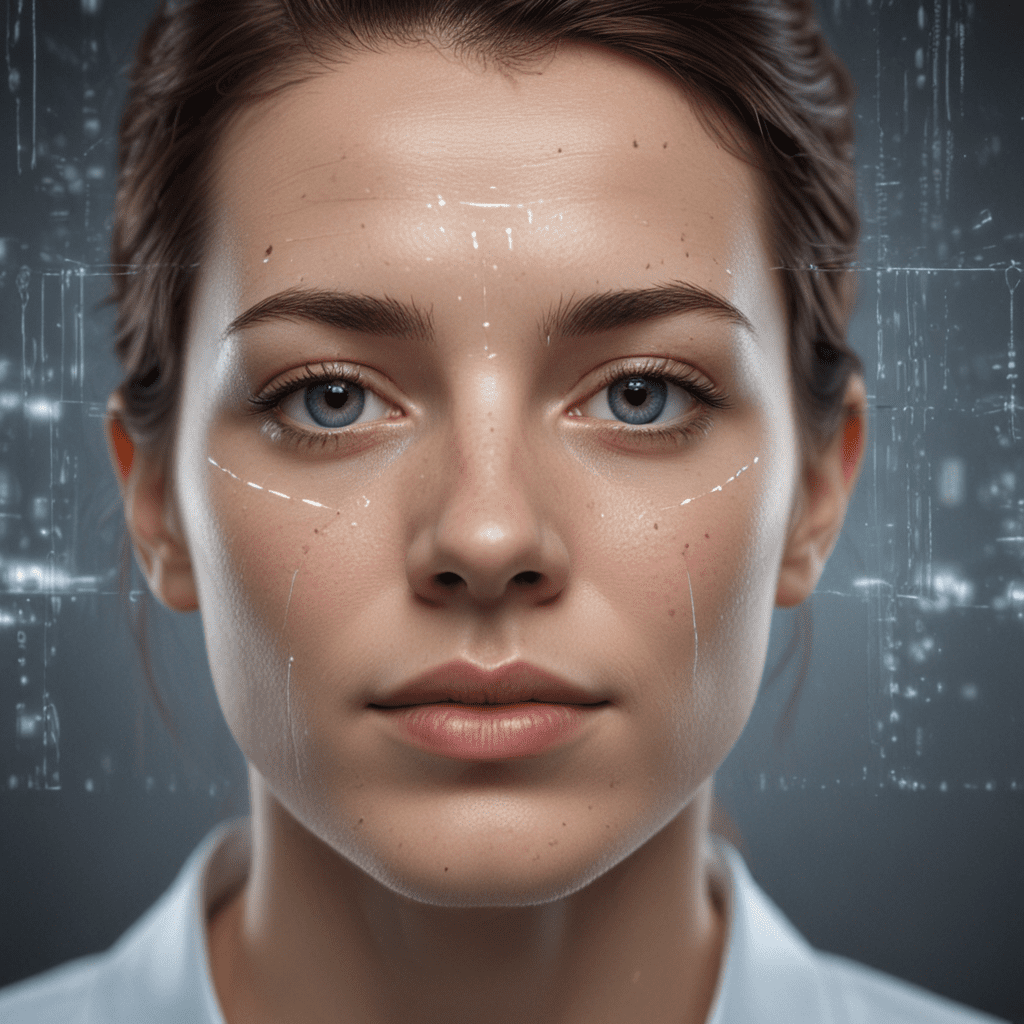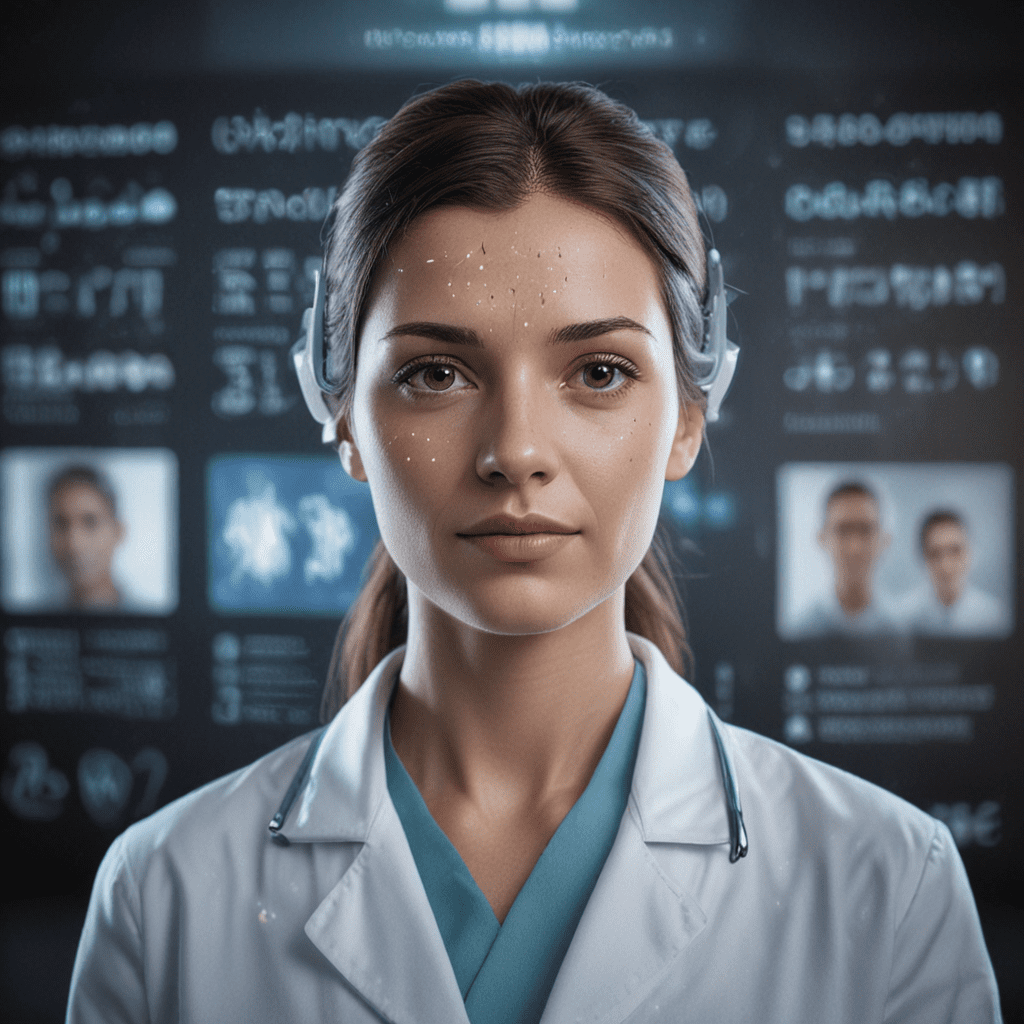
Facial Recognition in Healthcare: Improving Diagnosis and Treatment
Facial recognition technology is revolutionizing the healthcare industry, enabling earlier detection, more accurate diagnoses, and personalized treatments. Leveraging advanced algorithms and machine learning, facial recognition systems analyze facial expressions and patterns to extract valuable insights, empowering healthcare providers to deliver enhanced patient care.
Early Detection and Screening
Facial recognition can play a pivotal role in screening for various health conditions, including rare diseases, developmental disorders, and genetic syndromes. By analyzing subtle facial cues and identifying distinct patterns, facial recognition algorithms can assist healthcare providers in detecting early signs and symptoms of diseases, facilitating prompt diagnosis and timely interventions.
Real-Time Patient Monitoring
In critical care settings, facial recognition technology enables real-time monitoring of patients' well-being. By tracking facial movements, expressions, and physiological changes, facial recognition systems can detect subtle signs of distress, pain, or discomfort. This allows for immediate medical attention, reducing the risk of adverse events and improving patient outcomes.
Personalized Treatment Plans
Facial recognition technology can also contribute to the development of personalized treatment plans. By analyzing facial expressions and patterns throughout treatment, healthcare providers can gain valuable insights into patients' responses and adjust their care strategies accordingly. This tailored approach can enhance treatment efficacy and patient satisfaction.
Reduced Medical Errors
Facial recognition technology has the potential to mitigate the risk of medical errors by facilitating accurate patient identification. This is especially crucial in busy healthcare environments where patients with similar names or medical records may be present. Facial recognition systems can cross-reference patients' facial features with their electronic health records, ensuring precise patient matching and reducing the likelihood of misidentification or mix-ups.
Monitoring for Side Effects
Facial recognition technology can assist in monitoring patients for potential side effects or reactions to medical treatments. By analyzing facial cues, such as grimacing, yawning, or changes in skin appearance, facial recognition systems can detect signs of discomfort or adverse drug reactions. This information can empower healthcare providers to adjust treatment plans accordingly, mitigating the risk of severe side effects.
Pain Assessment
Facial recognition technology offers a promising solution for pain assessment, particularly in non-verbal or unresponsive patients. By analyzing facial expressions and physiological changes, facial recognition systems can quantify pain levels objectively. This enables healthcare providers to tailor pain management strategies and provide timely interventions, improving patient comfort and well-being.
Facial Analysis for Rare Diseases
Facial recognition technology has gained significance in the realm of rare disease diagnosis. By identifying distinctive facial patterns and anomalies, facial recognition algorithms can aid in the early detection and screening of rare genetic disorders. This information can empower healthcare providers to initiate specialized testing and interventions, enhancing the chances of accurate diagnosis and timely management.
Mental Health Diagnosis
Facial recognition technology holds promise in the field of mental health diagnosis. By analyzing facial expressions and subtle behavioral cues, facial recognition systems can assist healthcare providers in identifying early signs and symptoms of mental health conditions. This facilitates prompt assessment and appropriate interventions, promoting mental well-being and reducing the stigma associated with mental health disorders.
Future Prospects and Challenges
The future of facial recognition in healthcare appears promising, with potential applications in diverse areas such as surgical navigation, prosthesis design, and remote patient monitoring. However, ethical considerations and data privacy concerns require careful attention as facial recognition technology becomes more prevalent. Striking a balance between innovation and ethical implications will be crucial in shaping the future of facial recognition in healthcare.
FAQs
Q: Is facial recognition technology accurate?
A: Facial recognition technology has achieved high levels of accuracy, especially when combined with deep learning algorithms.
Q: Are there any ethical concerns related to facial recognition in healthcare?
A: Privacy, consent, and bias are among the ethical concerns that need to be addressed as facial recognition technology becomes more widely adopted in healthcare.
Q: Can facial recognition technology replace traditional diagnostic methods?
A: Facial recognition technology serves as a valuable adjunct to traditional diagnostic methods, providing additional insights and supporting healthcare providers in making informed decisions.
Q: Is facial recognition technology expensive to implement?
A: The cost of implementing facial recognition technology may vary depending on the specific applications and infrastructure requirements. However, ongoing advancements are making this technology more accessible and affordable.


